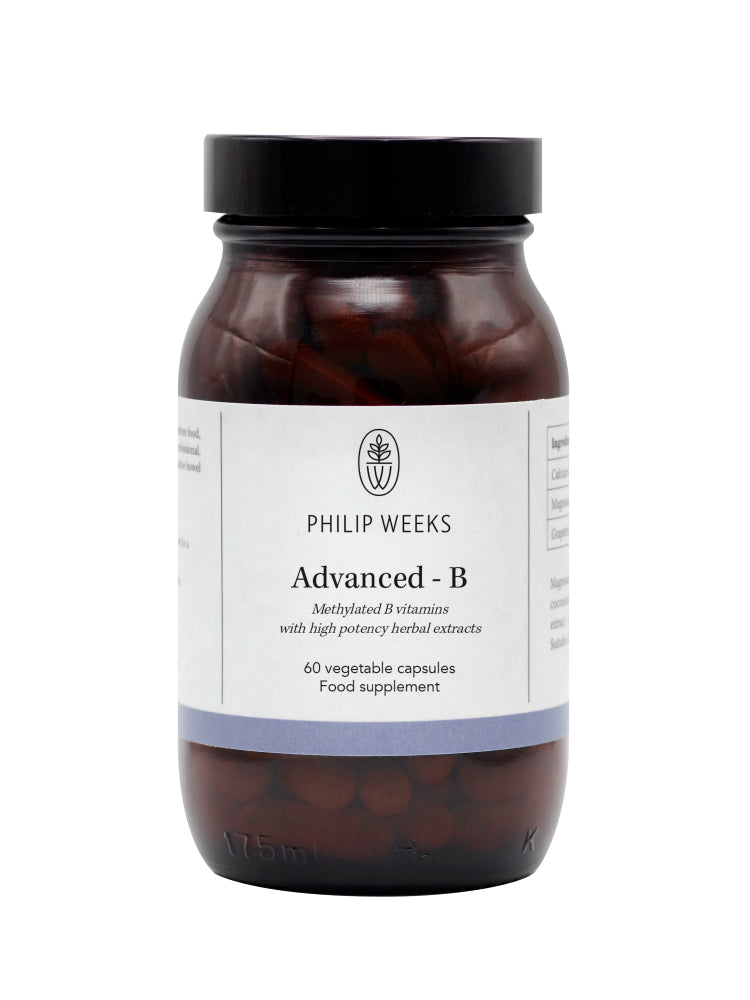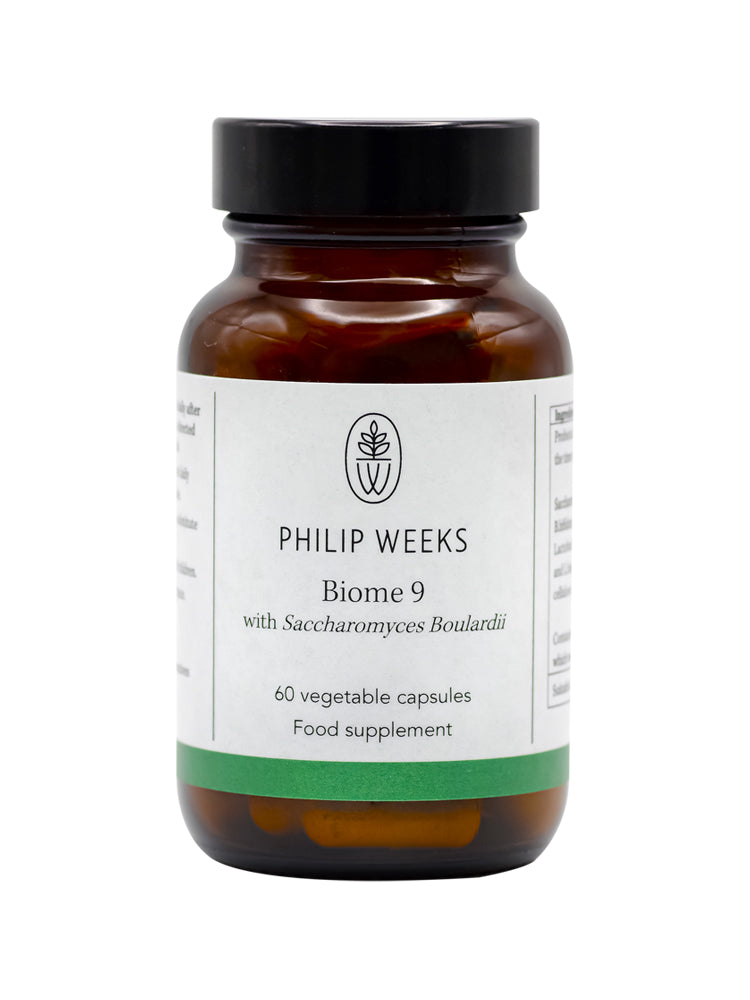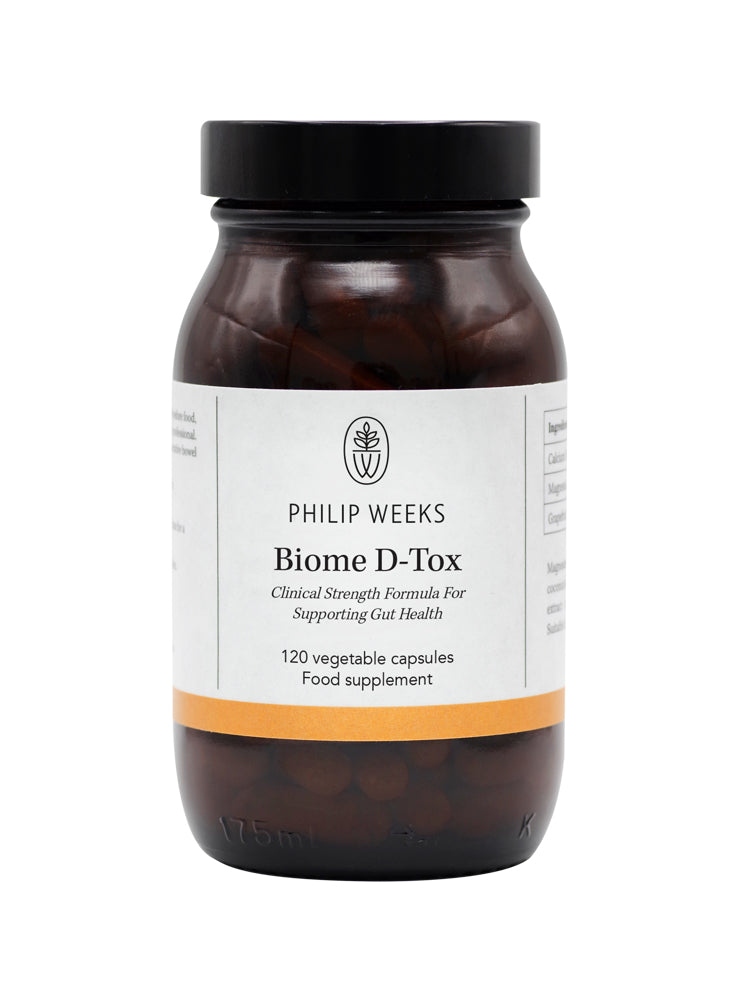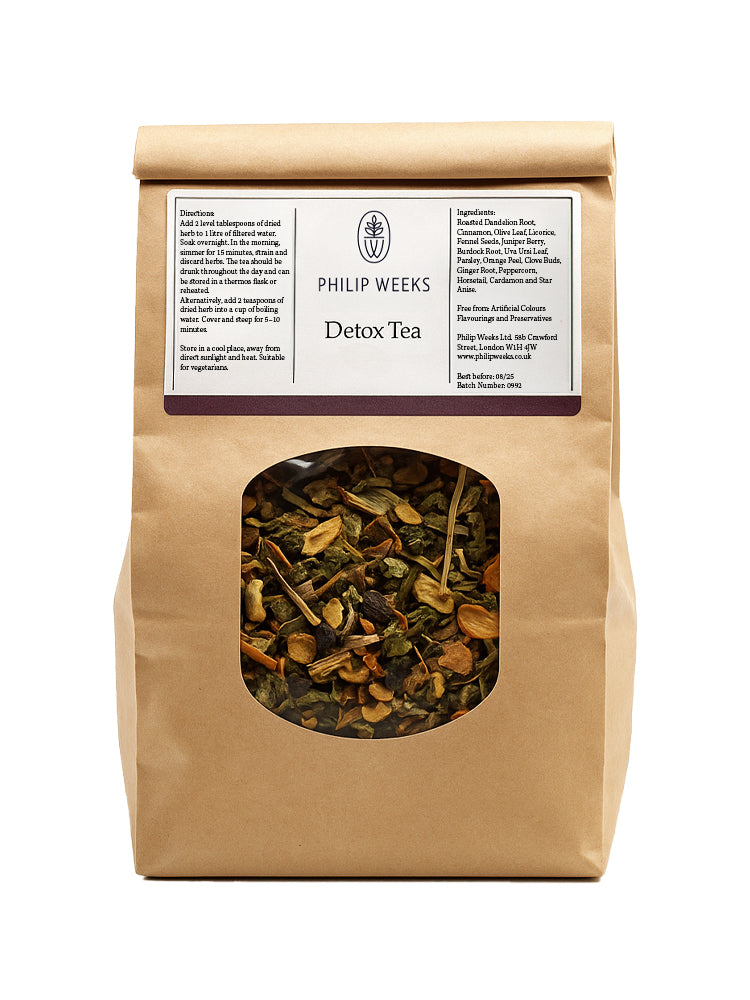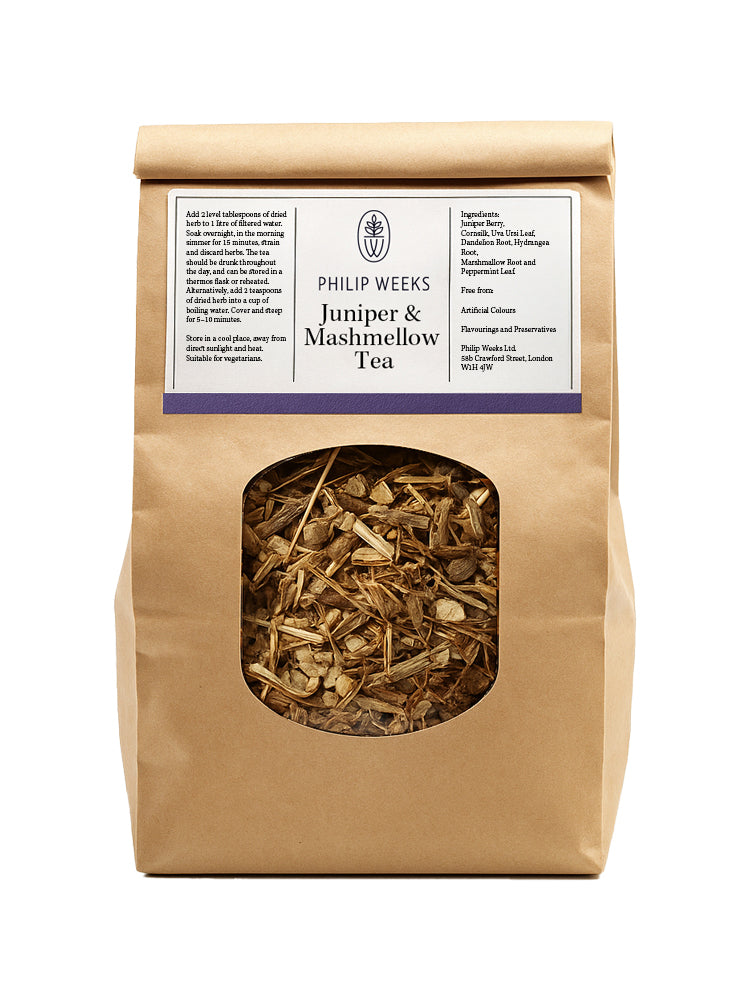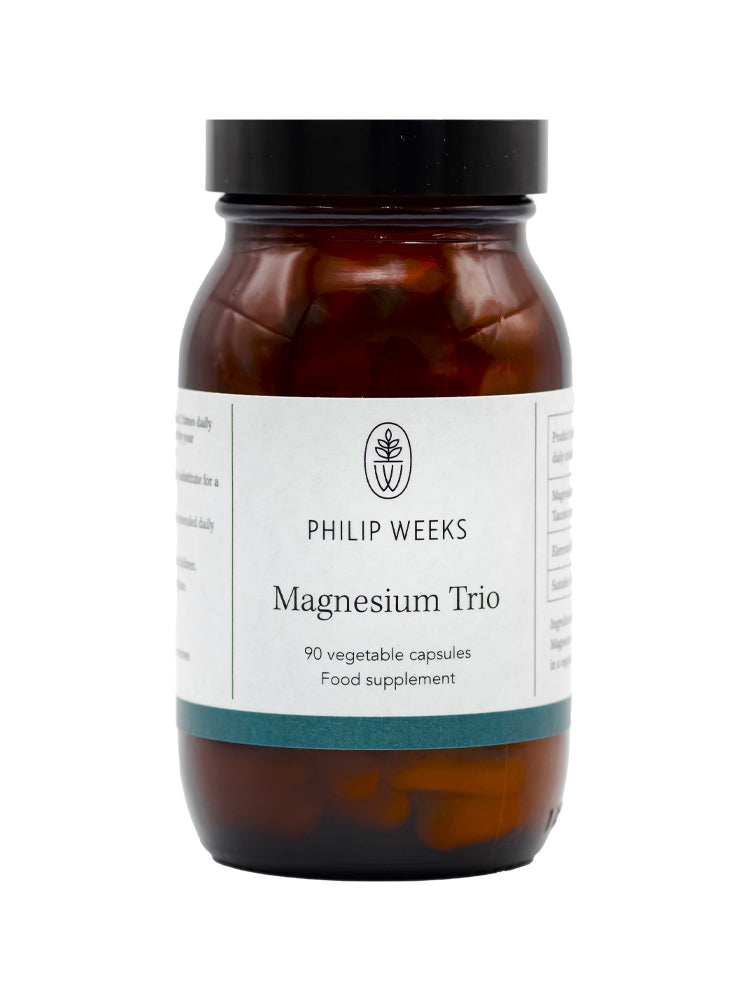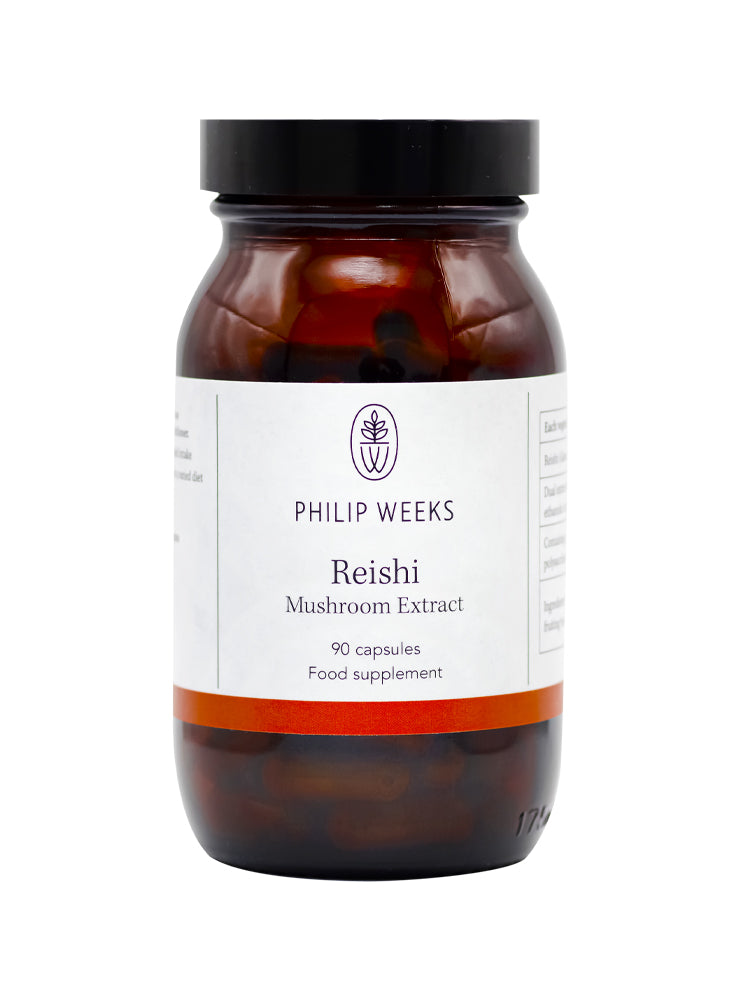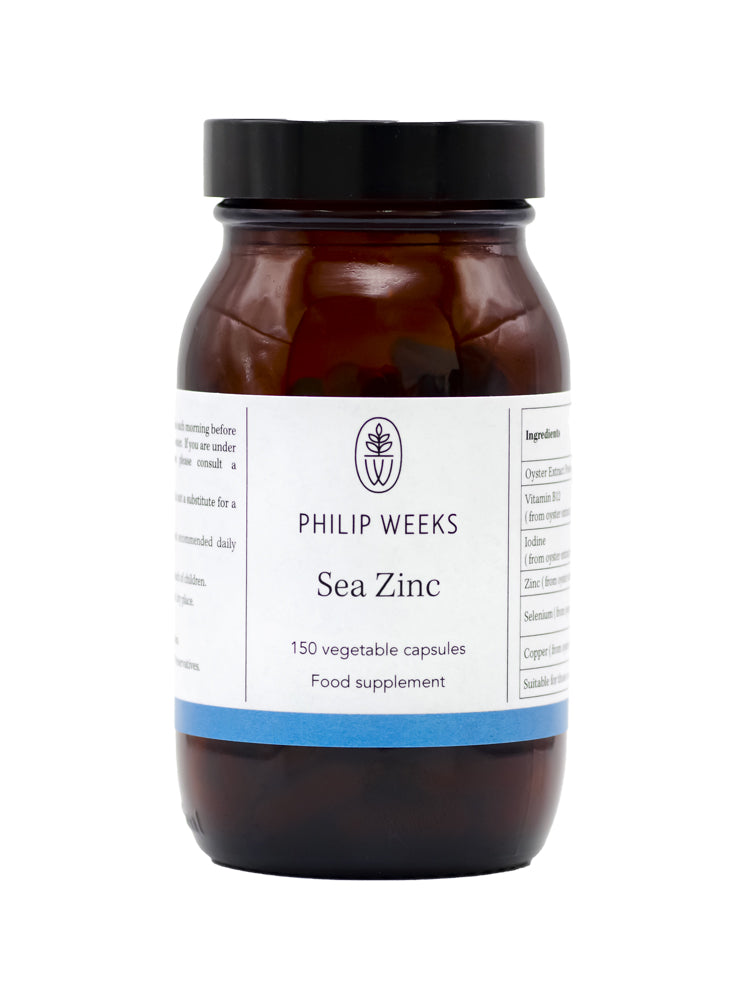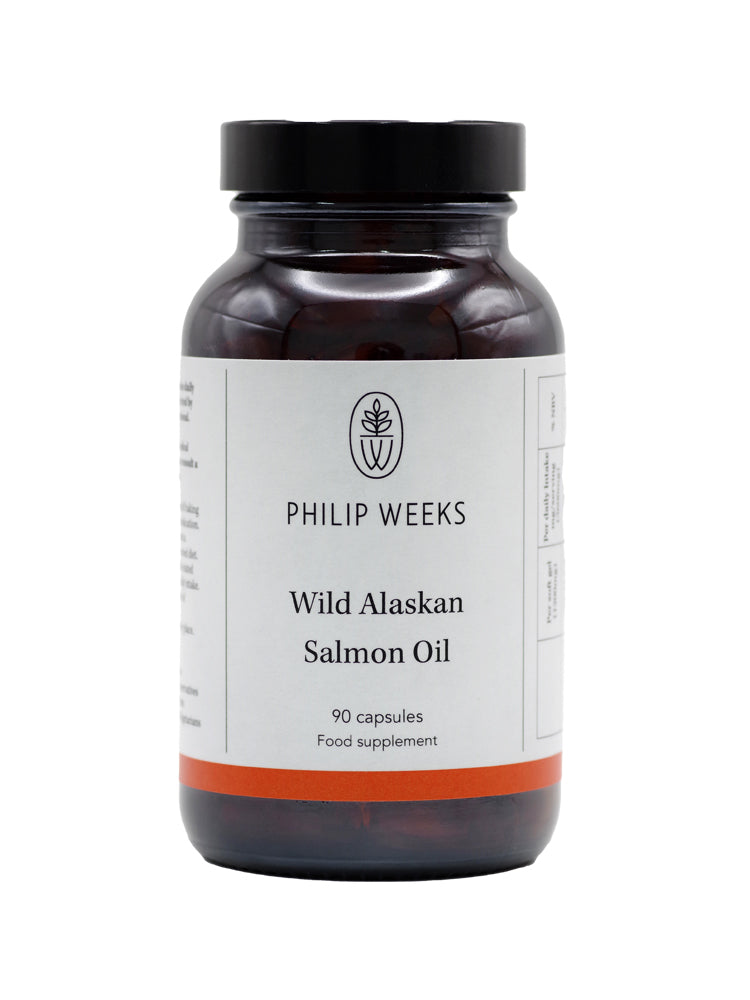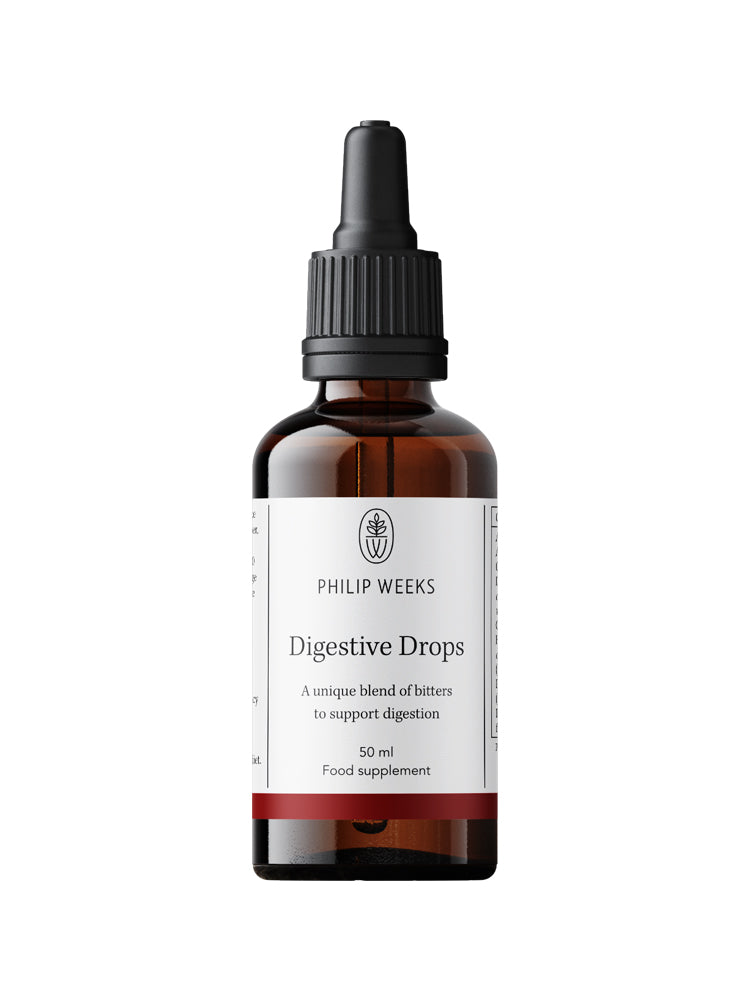It is well known that vitamin D has a role in bone strength and a resilient immune system.
But research is uncovering something surprising: this nutrient also works quietly in the background to keep our gut healthy.
How Vitamin D Supports Gut Health
1. Encourages Beneficial Microbes
People with healthy vitamin D levels tend to have a more diverse microbiome. Studies show supplementation can increase populations of friendly bacteria such as Akkermansia. Which is linked with reduced inflammation, better blood sugar control, improved metabolism and healthier weight regulation. Low gut levels are often seen in obesity, type 2 diabetes, and inflammatory bowel disease.
2. Strengthens Your Natural Defences
Vitamin D stimulates the production of antimicrobial peptides, natural compounds that act like the gut’s own antibiotics. They help control harmful microbes while letting beneficial bacteria thrive — creating balance in the digestive ecosystem.
3. Protects the Gut Lining
The intestines are designed to absorb nutrients while keeping harmful substances out. Vitamin D helps by regulating tight junction proteins that hold the intestinal barrier together. This reduces the risk of “leaky gut,” where unwanted particles pass into the bloodstream and trigger inflammation.

4. Supports Gut–Brain Communication
The gut and brain are constantly talking via the gut–brain axis. Vitamin D receptors are found throughout the digestive tract, and research suggests that healthy levels could influences neurotransmitters like serotonin (most of which is made in the gut). By reducing inflammation and stabilizing gut signalling, vitamin D may also support mood, digestion, and stress resilience.
When the gut is well balanced the ripple effects extend far beyond digestion. A balanced microbiome and strong gut barrier support immunity, hormone regulation, and even protection against chronic diseases.
Ways to Boost Your Vitamin D
Your skin produces vitamin D naturally when exposed to sunlight.
- UVB rays trigger production of vitamin D in the skin
- Factors like season, time of day, skin tone and cloud cover influence how much you make.
- 5–30 minutes of sun on face, arms, or legs between 10 a.m. and 4 p.m. a few times per week may be enough.
- Midday sun is most effective but also carries the greatest risk of burning, so balance exposure with sun safety.
From Food
Getting enough vitamin D from diet alone is tricky, since only a few foods provide it in meaningful amounts. Helpful sources include:
- Fatty fish (salmon, mackerel, sardines, trout).
- Sun-exposed mushrooms, these produce vitamin D2, which still supports overall levels.
- Egg yolks.
- Liver contains vitamin D and many other important nutrients such as copper.
- Other animal products like meat and cheese, contains smalls amounts but it all contributes to overall levels.
Supplements
If food and sunlight aren’t enough, supplements are essential.
- Vitamin D3 is the preferred form, as it’s more effective than D2 at improving blood levels.
- Fish oil, especially cod liver oil.
- Most over-the-counter products range from 600–2,000 IU, but your ideal dose depends on your health status, best determined with your healthcare provider and blood tests.
- For optimal absorption, take vitamin D with a meal containing fat.
- Don’t forget magnesium, an essential cofactor for vitamin D metabolism. Aim to get it from whole foods (nuts, seeds, greens, legumes) or consider a supplement if needed.
Biome 9
Shop Biome 9 Advanced Probiotics
References
- Gombart AF. The vitamin D–antimicrobial peptide pathway and its role in protection against infection. Future Microbiol. 2009.
- Gubatan J et al. Vitamin D is associated with anti-inflammatory and antimicrobial pathways in the human colon.Front Immunol. 2021.
- Lobo de Sá FD et al. Vitamin D restores epithelial barrier function in gut models. Int J Mol Sci. 2021.
- Na SY et al. Vitamin D supplementation improves survival in colorectal cancer patients. Front Nutr. 2022.
- Ogbu D et al. Vitamin D and the gut microbiota–brain axis in autism and ADHD. Nutrients. 2020.
- Peric M et al. Vitamin D analogs differentially control antimicrobial peptide/“alarmin” expression in psoriasis.PLoS One. 2009.
- Pham H et al. The effect of vitamin D on the gut microbiome: a systematic review. Nutrients. 2023.
- Serrano D et al. Vitamin D and colorectal cancer risk: systematic review and meta-analysis. Nutrients. 2021.
- Singh P et al. Vitamin D supplementation modulates the gut microbiome in vitamin D deficient women. Sci Rep.2020.
- White JH. Vitamin D signaling, infectious diseases, and regulation of innate immunity. Nutrients. 2022.
- Yeung CY et al. Vitamin D deficiency impairs intestinal epithelial barrier function. Am J Physiol. 2021.
- Yu Y et al. Vitamin D and serotonin biosynthesis: implications for IBS and mood disorders. Front Physiol. 2023.
- Zhang YG et al. Vitamin D receptor regulates Claudin-2 and intestinal barrier function. Sci Rep. 2015.



